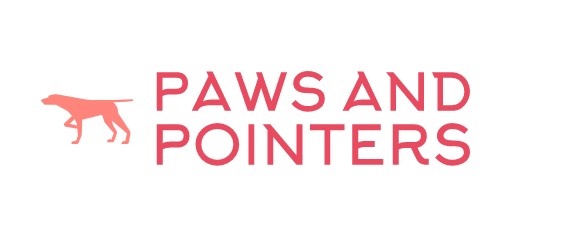
Just like humans, dogs require a balanced and nutritious diet to thrive and maintain optimal health. The right nutrition plays a crucial role in your furry friend’s overall well-being, energy levels, and longevity. In this blog post, we’ll delve into the essentials of feeding your dog, from understanding their dietary needs to making informed food choices that promote their best health.
Understanding Your Dog’s Nutritional Needs
Before delving into the specifics of feeding your dog, it’s important to understand their nutritional requirements:
- Essential Nutrients: Dogs need a proper balance of proteins, carbohydrates, fats, vitamins, and minerals to support their growth, energy, and bodily functions. External Link: American Veterinary Medical Association: Basic Principles of Canine Nutrition
- Life Stage Considerations: Puppies, adult dogs, seniors, and pregnant or nursing dogs have varying nutritional needs. Choose food tailored to your dog’s life stage. External Link: PetMD: Feeding Your Senior Dog
Selecting the Right Dog Food
When it comes to choosing dog food, there are several options available:
- Commercial Dog Food: High-quality commercial dog foods are formulated to meet the nutritional needs of dogs. Look for options with real meat as the primary ingredient. External Link: Association of American Feed Control Officials (AAFCO): Pet Food Labeling
- Raw Food Diet: Some pet owners opt for raw food diets, which consist of uncooked meat, bones, vegetables, and fruits. Consult your veterinarian before switching to this diet. External Link: American Kennel Club: Raw Dog Food: Dietary Concerns, Benefits, and Risks
- Homemade Diets: Homemade diets allow for more control over ingredients. However, it’s important to ensure your dog receives all necessary nutrients. Consult a veterinary nutritionist. External Link: American College of Veterinary Nutrition: Find a Nutrition Specialist
Feeding Guidelines and Tips
Follow these guidelines to ensure your dog receives proper nutrition:
- Portion Control: Measure your dog’s food portions according to their age, weight, and activity level to prevent overfeeding. External Link: Pet Obesity Prevention: Portion Control
- Avoid Table Scraps: Human foods can be harmful to dogs. Avoid sharing foods like chocolate, grapes, onions, and high-fat items. External Link: American Society for the Prevention of Cruelty to Animals (ASPCA): People Foods to Avoid Feeding Your Pets
- Stay Hydrated: Ensure your dog always has access to clean, fresh water to stay properly hydrated. External Link: AKC: How Much Water Should a Dog Drink?
Conclusion
Feeding your dog for optimal health involves understanding their nutritional needs, selecting the right food, and following portion control guidelines. By providing a well-balanced diet tailored to their life stage and consulting your veterinarian, you’ll contribute to your furry friend’s overall well-being and quality of life. Remember, proper nutrition is a cornerstone of a happy and healthy life for your beloved canine companion.




















